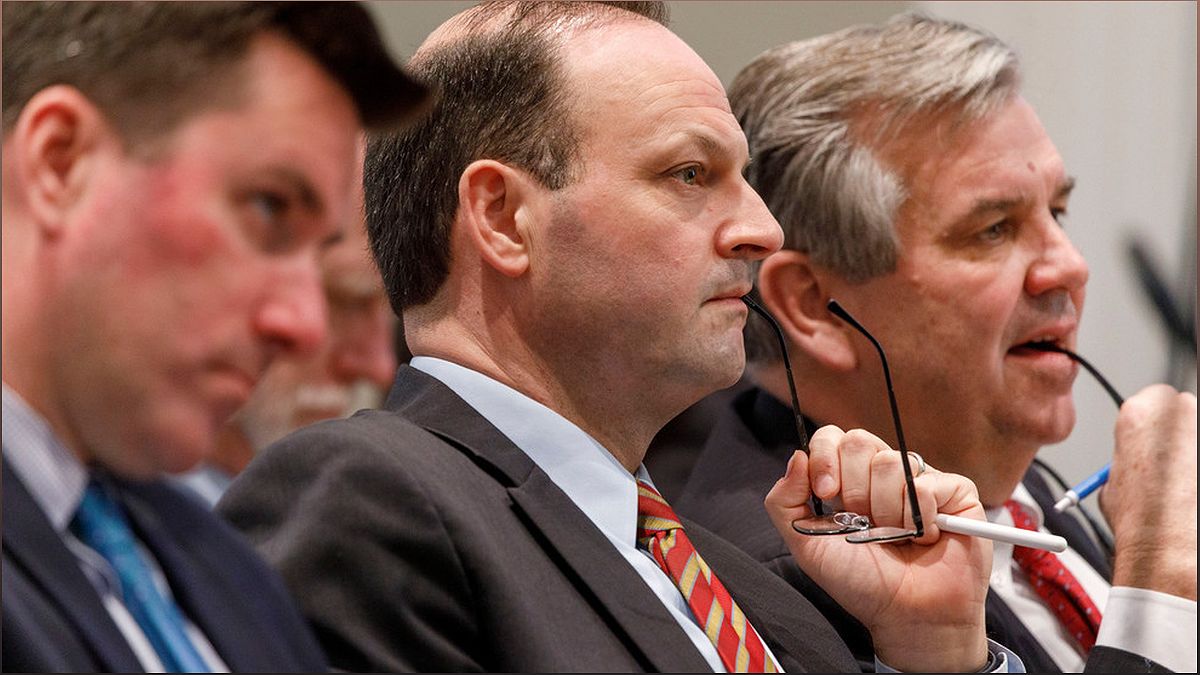In a recent development, South Carolina Attorney General Alan Wilson has joined forces with 13 other states to demand that media outlets cease paying journalists who have ties to terrorist organizations. This comes after reports surfaced revealing that several news outlets had employed individuals allegedly connected to Hamas following a terrorist attack on Israel. The Attorney General's Office has highlighted the seriousness of the matter, emphasizing that paying individuals associated with terrorist groups constitutes propaganda and support for terrorism, which is a violation of federal law. In this article, we delve deeper into the letter, its significance, and the media outlets involved.
Demand to Cease Payments to Journalists with Terrorist Ties
The coalition of 14 states urges media outlets to stop paying journalists associated with terrorist organizations.
In a significant move, South Carolina Attorney General Alan Wilson has joined forces with 13 other states to demand that media outlets cease paying journalists who have ties to terrorist organizations. This coalition aims to address the alarming issue of media outlets inadvertently supporting terrorism by employing individuals with connections to designated terrorist groups.
The Attorney General's Office emphasizes that knowingly providing material support to a designated terrorist organization, such as Hamas, is a violation of federal law. By paying journalists associated with these groups, media outlets may unknowingly contribute to propaganda and aid terrorism.
The letter, signed by the coalition of states, specifically targets prominent media outlets such as The New York Times, The Associated Press, Reuters, and CNN. It calls for these organizations to ensure that they are not paying journalists with ties to terrorist organizations and to strengthen their screening processes to prevent such instances in the future.
Implications of Paying Journalists with Terrorist Ties
Paying journalists associated with terrorist organizations raises concerns about propaganda and support for terrorism.
The implications of media outlets paying journalists with ties to terrorist organizations are significant. By employing individuals associated with these groups, media outlets risk becoming unwitting platforms for propaganda and supporting terrorist activities.
Attorney General Wilson highlights that paying journalists with terrorist ties not only violates federal law but also undermines the integrity and credibility of the media. It is crucial for media outlets to ensure that their screening processes are robust enough to identify and prevent such associations.
Furthermore, the coalition of states emphasizes that supporting designated terrorist organizations like Hamas goes against the values of democracy, peace, and security. The demand to cease payments to journalists with terrorist ties aims to safeguard the media landscape from inadvertently aiding terrorism.
Media Outlets Under Scrutiny
Prominent media outlets like The New York Times, The Associated Press, Reuters, and CNN face scrutiny over their journalist screening processes.
The letter from the coalition of states specifically targets prominent media outlets like The New York Times, The Associated Press, Reuters, and CNN. These outlets have come under scrutiny for employing journalists with alleged ties to terrorist organizations.
The demand to strengthen journalist screening processes is essential to ensure that media outlets do not inadvertently provide a platform for individuals associated with designated terrorist groups. By enhancing their screening procedures, these outlets can maintain the integrity and trust of their reporting.
The coalition of states urges media outlets to take this matter seriously and implement stringent measures to prevent any association with terrorist organizations. It is crucial for these outlets to prioritize the safety, security, and credibility of their reporting.

